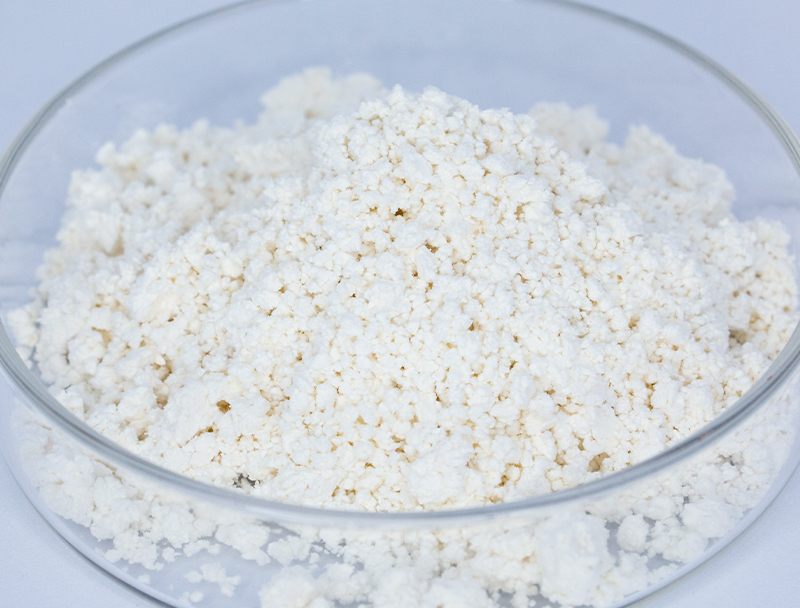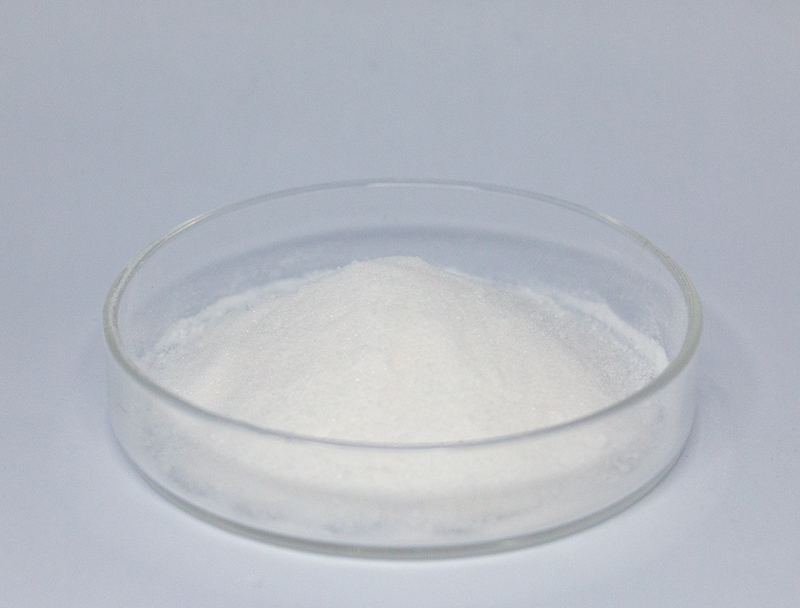
Bioprocessing depends strongly on a comprehensive selection of starting materials for fabricating next-generation bio-products.
Guaranteeing sustainably sourced materials underpins enduring viability and ethical market growth.
several issues arising from typical material sourcing such as ecological damage and resource depletion. Accordingly, companies are required to implement regenerative sourcing methods to mitigate footprints.
- Representations of ethical supply approaches are:
- Harnessing secondary biomass from farming outputs
- Establishing regenerative loops to cut waste and elevate material utilization
- Working with community-based suppliers that follow ethical standards
Transitioning to green supply models secures ecological benefits and economic upside.
Advancing Biomass Preparation for Elevated Biofuel Production
Raising biofuel yields involves refining feedstock structure and content. Investigators regularly test new routes to upgrade biomass inputs, delivering enhanced conversion and a more resilient energy mix. Programs combine genetic improvement for biomass productivity with conversion technologies to access fermentable substrates.
- Similarly, research probes algae, byproduct streams, and harvest remnants as potential sustainable sources to augment biofuel feedstocks.
- Thanks to continuous exploration the sector is prepared to realize considerable strides toward an eco-friendlier energy mix.

Optimizing Early-Stage Biomanufacturing Processes
entails beginning production stages such as cell growth and biomass recovery Recent developments in this field have resulted in optimized workflows that raise overall output.
Important innovations consist of upgraded cell platforms, customized nutrient matrices, and smart bioreactor solutions. The improvements increase output while decreasing cost structures and sustainability impacts.
- Likewise, the move to continuous systems facilitates better adaptability and streamlined upstream production.
- The progression to advanced biomanufacturing approaches should modernize the field and quicken therapeutic progress.

Innovations in Gene Editing for Improved Biopharmaceutical Yield
breakthroughs in precise gene modification systems have reshaped biopharma production. By precisely targeting genes within host organisms, researchers can enhance the yield of valuable therapeutic proteins. Such strategies offer promise to create cost-effective, high-efficiency therapeutics across many disease areas.
Microbial Solutions for Greener Bioremediation Practices
progressive microbe-based cleanup tactics that mitigate industrial pollution. Microbial communities can biotransform hazardous materials into lower-risk substances. Using microbial biotechnology enables remediation strategies that balance effectiveness with ecological protection. Scientists evaluate varied microbes for potential to remediate metal contaminants, pesticide compounds, and oil-derived pollutants.. These microorganisms can be employed in bioreactors or directly at contaminated sites, promoting the breakdown of pollutants through biodegradation processes..
Microbial remediation approaches present key benefits relative to classic remediation methods. These methods are economical and eco-conscious while reducing hazardous secondary waste. Also, microbial interventions offer targeted remediation that minimizes collateral ecosystem disturbance. Research efforts persist to upgrade the potency and implementation of microbial remediation strategies.
Leveraging Bioinformatics for Novel Therapeutics
Bioinformatic tools play an increasingly crucial role in the modern landscape of drug discovery and development. From target discovery through candidate optimization, bioinformatics facilitates streamlined, hypothesis-guided workflows.
- By interrogating large-scale omics and clinical information, scientists find new targets and predict candidate efficacy.
- In addition, predictive simulations inform medicinal chemistry efforts to craft more efficacious drugs.
- Finally, bioinformatics is revolutionizing the drug discovery and development process, accelerating the time to bring safe and effective treatments to patients in need.
Metabolic Design Approaches to Boost Bioproduct Yields
employs a variety of strategies to augment the synthesis of valuable bioproducts within microorganisms. Strategies involve pathway refactoring by genetic modification, expression modulation for balanced flux, and grafting of novel genes to add capacity.. Through strategic metabolic edits practitioners can markedly increase the synthesis of target products.
This multifaceted approach has the potential to revolutionize a broad range of industries, including biopharmaceuticals, agriculture, and bioenergy.

Scaling Biopharma: Difficulties and Strategic Opportunities
Commercializing biopharma production involves significant constraints and promising benefits. Maintaining consistent product attributes with scale-up remains a central difficulty. Managing it necessitates robust automation, high-fidelity monitoring, and powerful analytical capabilities.

Complexity in multi-step biomanufacturing operations presents ongoing operational challenges.. Optimizing these processes for large-scale production can be a complex undertaking, requiring extensive research and technological innovation.. Still, the gains can be meaningful. Skilled scaling can enlarge supply, lower prices, and increase profit potential.
Challenges are being addressed through a number of initiatives. Approaches include cutting-edge process optimization tech, comprehensive analytics for control, and disruptive manufacturing designs.
- Research and development activities are central to evolving manufacturing capacity.
- Regulators are adapting frameworks to speed authorization of novel manufacturing approaches and spur innovation.
Regulatory Strategies for Biopharma Compliance and Patient Protection
Developing biologic treatments requires exacting oversight to ensure consistent safety and efficacy. Therapies derived from biological organisms carry special considerations not typical of conventional pharmaceuticals.
Agencies like FDA and EMA develop frameworks and criteria for validating and approving cutting-edge biotherapies..
Extensive evaluation procedures are essential across development phases, spanning preclinical work to post-market checks.. Those requirements help reveal risks and confirm that biologics satisfy stringent safety criteria..
In addition, regulatory entities adapt their frameworks to stay current with rapid research and technological developments.. Measures involve adopting innovative technologies and enabling development acceleration without compromising patient welfare.

Assessing Plant Biomass Pathways for Bioplastic Innovation
A stronger push for environmentally responsible materials is driving research into renewable options. Bioplastics derived from plant biomass provide a viable route to more sustainable plastic alternatives. Organic feedstocks like cornstarch, cellulose, and sugarcane can be converted to compostable polymers that shrink the environmental footprint of plastics.
Concurrently, several bioplastic formulations approximate conventional plastic traits NMN and serve wide-ranging applications. Continued research and innovation in this field are crucial to unlocking the full potential of plant-based biomass feedstocks in the manufacture of sustainable bioplastics, paving the way for a circular economy.
This Emerging Impact on Public Health and Food Systems
Emerging biotechnologies deliver avenues to improve health outcomes and secure food resources. Using genome engineering, synthetic biology techniques, and cell-based treatments, innovators devise ways to tackle pathogens, amplify yields, and improve nutrition.. For instance, genetically modified crops can be engineered to resist pests and environmental stresses, leading to increased agricultural production and reduced reliance on harmful pesticides.. Furthermore, biotechnology supports creation of vaccines, therapeutic agents, and advanced diagnostics that strengthen responses to infectious threats and enhance health outcomes.. With persistent development, biotech stands to offer transformative solutions for global health and long-term food security.
 L-Carnosine
L-Carnosine